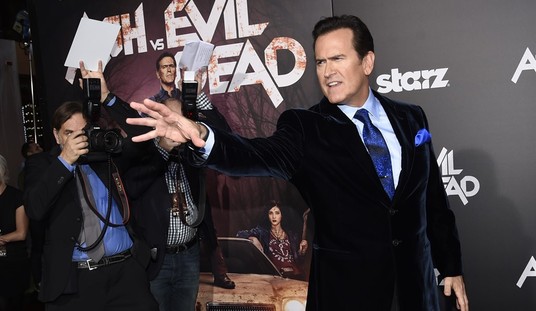
I was privileged a couple weeks ago to receive a review copy of Alistair Horne’s newest book Hubris, which hit shelves this week. Horne is of course one of the most accomplished military historians of all time, having written the definitive history of one of the most infamous battles in human history, the brutal battle of Verdun in 1916, along with numerous other works. Horne’s typical milieu is to painstakingly analyze one battle or war, making sense of it in his unique narrative style that makes the intricacies of war accessible even to those who have little or no familiarity with the military itself.
In Hubris, Horne attempts something different, weaving 5 seemingly disconnected battles in history into a single tapestry that he maintains shaped the entire history of Europe and Asia. Some of these are well known already, like the battle of Moscow in World War II, while others are obscure to all but the most dedicated military history buff, like the Nomonhan Incident. Unlike his other books, Horne has more to accomplish with this one than telling a story about an incident in history; he is attempting to persuade the reader how the ebb and tide of war flows.
Specifically, Horne’s thesis is that each major military victory begets hubris by the victors toward the defeated, leading to embarrassing defeats that often turn the tide of major campaigns of war. For instance, in the first battle described in Hubris, the naval battle of Tsushima, the Russians believed that their naval colossus would crush the tiny Island of Japan, which they considered to be a barely worthy foe in the Russo-Japanese war of 1904-05. However, the hungrier, more skilled Japanese dealt the Russians the most embarrassing defeat in naval history, which turned the tide of the entire war and ultimately set the stage for the Pacific theater of World War II.
However, the lesson the Japanese took from Tsushima (and from the Russo-Japanese war generally) was that the Russians categorically terrible soldiers and that they could beat the Russians at will just by virtue of being Japanese and adhering to their mutated version of Bushido code. Accordingly, they underestimated the Soviets in 1939, which led to their crushing defeat in the Nomonhan Incident, which resulted in the Japanese decision to turn their expansionist eyes South and East (towards America and Pearl Harbor) rather than further North and West through Manchuria. It also allowed the Russians to pull their forces out of Eastern Asia and back to Moscow to meet the onrushing challenge of the Germans, whose own hubris had led them to attempt a mad dash on Moscow in the by now well dissected Barbossa campaign.
Horne ties these battles together skillfully with the battle of Midway, and the Americans’ subsequent hubris in Korea, to show convincingly how military commanders’ tendency to underestimate the strength and skill of an opponent they have previous defeated leads to disastrous, history-shaping consequences; forces that have shaped the continent of Asia in particular.
In the final analysis, Horne’s narrative prowess is not lessened when he places it to persuasive use. As with any such attempt to weave together disconnected events over a period of half a century, some of his analogies are more persuasive than others, but regular readers of Horne approach his books mainly with hopes of learning new and interesting things about military history, and Horne here does not disappoint. In fact, he seems to have gone out of his way to illuminate battles that are off the beaten path of mainstream military history, and here of course his expertise shines.
If the book has a weakness, it is an ideological one. Horne has a tendency to develop unnecessary admiration of the subjects of his work, to the point that their military prowess is often allowed to overshadow the great evil for which they were responsible. For instance, in the course of writing The Price of Glory, Horne clearly became a fan of Petain, which is appropriate within the context of Verdun; however, Horne ended the book with a lengthy apologia of Petain’s involvement in the Vichy government, which left the reader with a sour taste about an otherwise excellent book. In Hubris, Stalin is obviously a central figure and Horne clearly developed an admiration for his wily ability to repeatedly avoid total national destruction at the hands of militarily superior opponents (in turn, the Germans and Japanese). Horne acknowledges that Stalin was a monster and that he was also guilty of grievous strategic mistakes – such as his refusal to believe mountainous evidence that the Germans were planning Barbossa for months, but even this seems to be relayed with grudging respect. For instance, as an explanation of Stalin’s blindness to Hitler’s treachery, Horne notes, “Put simply, Stalin was unbelievable to believe that a greater monster than himself might exist.”
Overall, Hubris is an outstanding work that will appeal to either general students of military history, to fans of Horne’s inimitable style, or to those who wish to increase their understanding of the Pacific theater in World War II in particular. A highly recommended work.














Join the conversation as a VIP Member